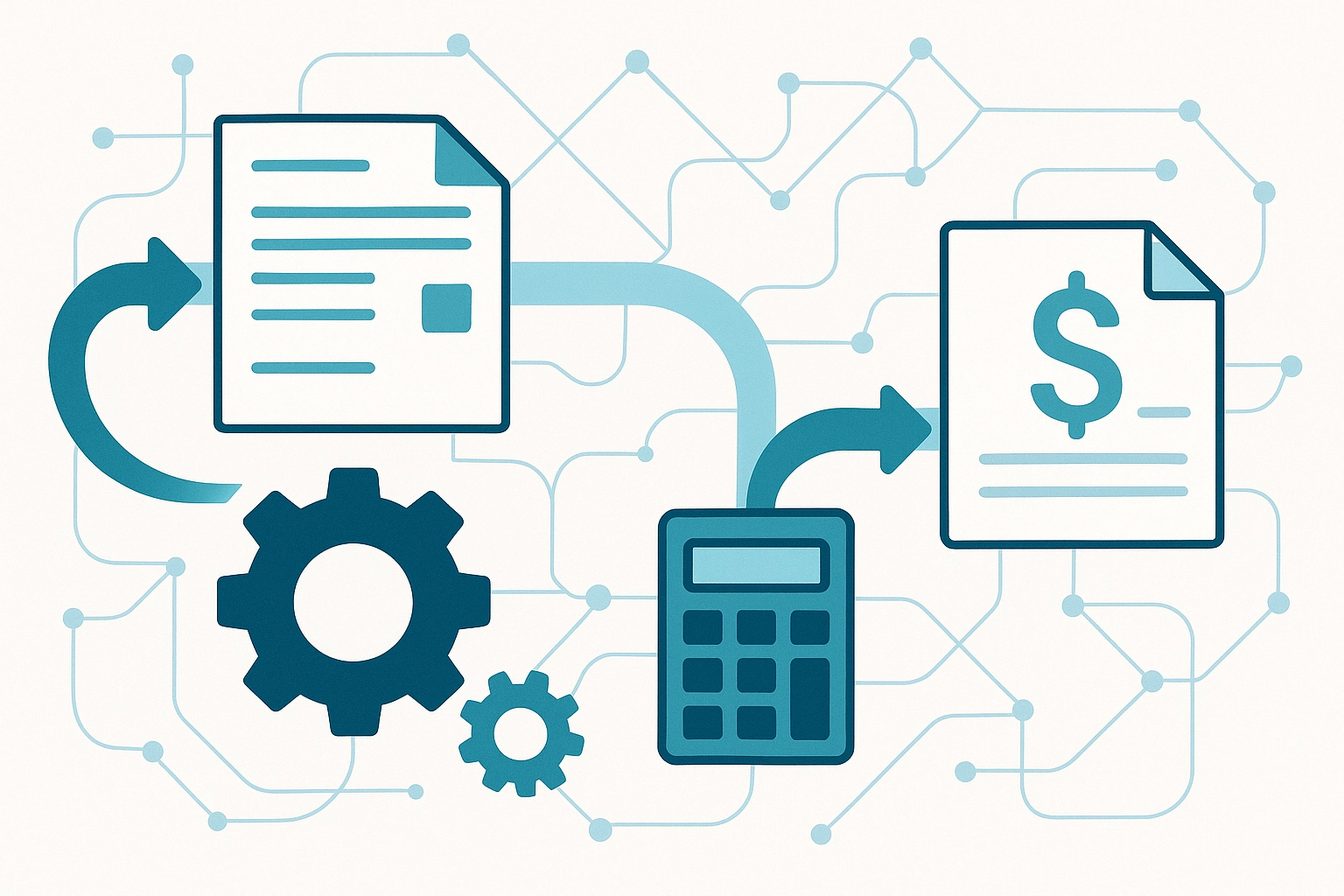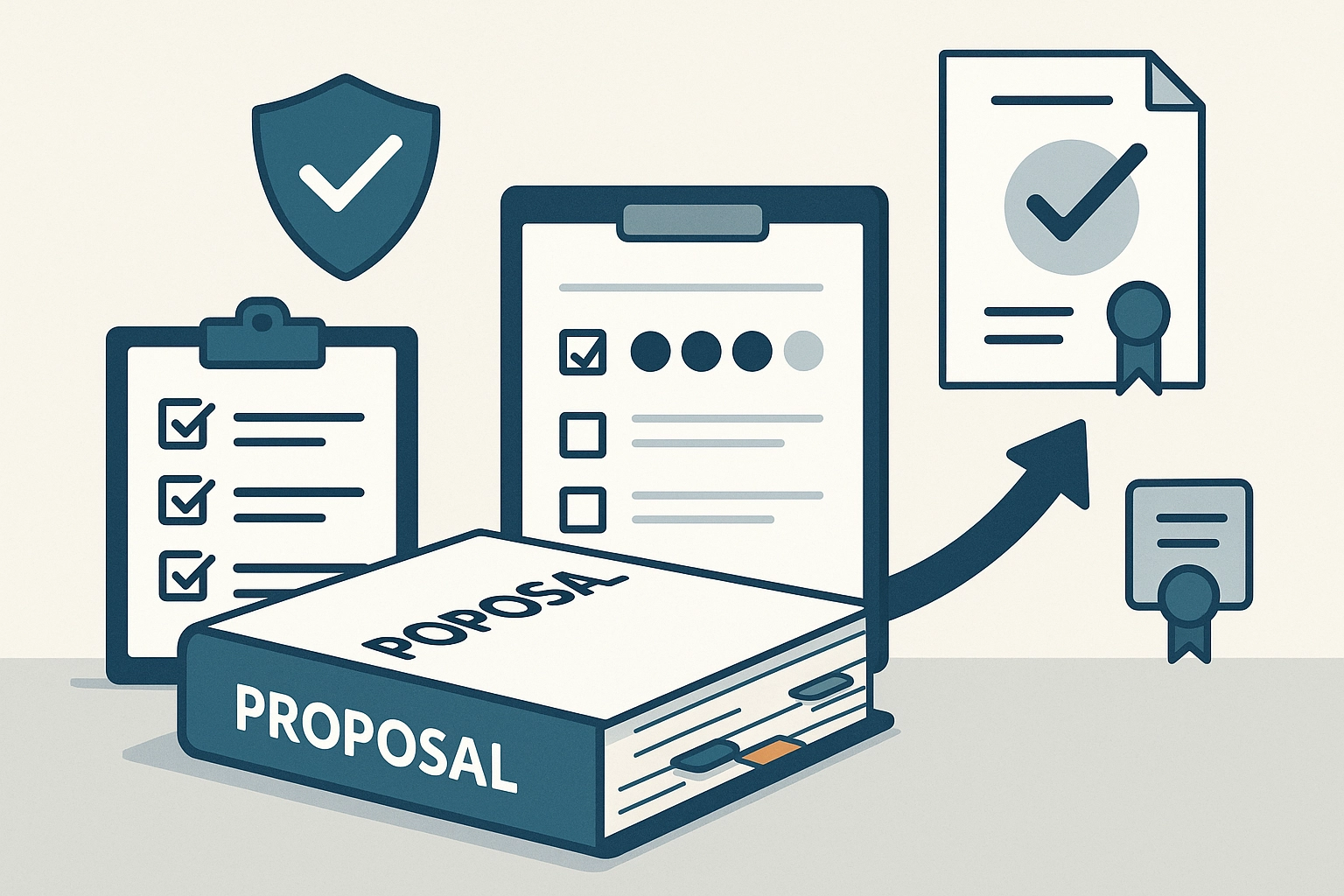Time is a scarce resource, and the key to success lies in effectively managing it. Time management skills are essential for anyone looking to become more productive, minimize stress, and achieve their goals. In today’s fast-paced world, we are constantly bombarded with distractions that make it difficult to focus on what truly matters. In this article, we will explore the art of time management, providing practical tips and strategies that can help you maximize efficiency, minimize stress, and achieve success. We will discuss common mistakes, top techniques, strategies for reducing stress with time management, and tips for specific professions. By the end of this article, you will have a clear understanding of the importance of time management and the tools you need to manage your time effectively.
What is Time Management?
Time management is the practice of organizing, planning, and prioritizing tasks and activities to make the most efficient use of time. It is the process of utilizing time effectively and efficiently to achieve specific goals and objectives. In essence, it is about making sure that your time is used effectively and to your advantage.
The concept involves acquiring skills and techniques to better manage your time in order to achieve personal or professional goals. It involves identifying tasks that are important and prioritizing them, planning how to accomplish them efficiently and effectively, and executing those plans systematically. It’s essential for anyone looking to achieve success in their personal or professional life.
Effective time management skills are crucial in today’s fast-paced world. Successfully managing your time can help you become more productive, achieve more significant goals, reduce stress levels, and have a better work-life balance. Poor management can result in missed deadlines, lost opportunities, reduced efficiency, and increased stress levels.
It offers many benefits, some of which include providing more free time to pursue personal interests, increasing productiveness, achieving goals and targets more efficiently, and improving personal relationships. With proper time management, one can use time more effectively and maintain a balance between work and personal life, making progress in both areas without neglecting one area at the expense of the other.
Common Time Management Mistakes
Managing time effectively can be challenging, especially in today’s fast-paced world, where there are countless distractions and competing priorities. To achieve optimal productivity and efficiency, it is essential to recognize and avoid common time management mistakes. In this section, we discuss 15 common mistakes that hinder productiveness and provide tips on how to avoid them.
1. Procrastination: Procrastination is one of the most significant impediments to effective management of time. It is the act of delaying tasks intentionally, even though they should be done immediately. Procrastination can be tempting, but it ultimately results in increased stress and anxiety.
To avoid procrastination, prioritize your tasks and break them down into smaller, manageable parts. Focus on starting rather than completing the task and avoid distractions that may tempt you to procrastinate.
2. Failing to prioritize: Failing to prioritize your tasks can lead to a lack of direction and focus. Prioritization helps you identify the most important tasks and focus your energy and resources on them.
To prioritize your tasks, create a to-do list and rank your tasks based on their levels of importance and urgency. You can also use tools like the Eisenhower Matrix to help you prioritize your tasks.
3. Multitasking: Multitasking is often viewed as a time management strategy, but it can actually decrease productiveness by reducing focus and increasing errors. Studies have shown that multitasking can reduce productivity by up to 40%.
To avoid multitasking, focus on one task at a time, close down email and social media notifications, and work in a quiet environment.
4. Lack of Planning: Failing to plan can lead to wasted time and lack of direction. Planning helps you set goals, prioritize tasks, and identify potential obstacles.
To plan your day effectively, create a daily schedule or to-do list, set clear objectives, and allocate specific times to complete individual tasks.
5. Over commitment: Over committing to tasks or projects can lead to missed deadlines and increased stress. It is essential to assess your workload and only commit to tasks that you can be realistically completed.
To avoid over commitment, learn to say no, manage expectations, and create realistic deadlines for projects.
6. Lack of breaks: Taking breaks throughout the day can help to improve productiveness, creativity, and focus. Ignoring the need for breaks can lead to burnout and decreased efficiency.
To avoid burnout, take regular breaks throughout the day, get up and move around, read a book or practice mindfulness, and avoid working long hours.
7. Distractions: Distractions can delay tasks and reduce productiveness, resulting in wasted time and increased stress. Distractions can come in many forms, such as phone notifications, emails, social media, and office chatter.
To avoid distractions, turn off notifications, limit social media use, schedule periods for checking emails, and work in a quiet environment.
8. Lack of delegation: Failing to delegate tasks can lead to overwhelm and burnout. It helps to distribute workloads, improve efficiency, and increase motivation.
To delegate tasks effectively, identify your strengths and weaknesses, identify tasks that can be delegated, and clearly communicate your expectations.
9. Lack of focus: Lack of focus can lead to wasted time and reduced productiveness. It is important to eliminate distractions and prioritize tasks to stay focused.
To increase focus, work in a quiet environment, use tools like the Pomodoro technique, and eliminate distractions.
10. Inconsistent scheduling: Inconsistent scheduling can lead to missed deadlines and increased stress. To avoid inconsistent scheduling, create a consistent schedule and adhere to it.
11. Lack of boundaries: Lack of boundaries can lead to overworking and decreased productivity. It is essential to set boundaries with clients, coworkers, and family members to balance work and personal life.
12. Lack of goal setting: Lack of goal setting can lead to a lack of direction and focus. Setting goals helps to identify priorities and motivate you to achieve them.
13. Poor time estimation: Poor time estimation can lead to missed deadlines and increased stress. To avoid poor time estimation, track your time and use data to estimate how long tasks will take.
14. Lack of rest: Lack of rest can lead to the accumulation of stress and decreased efficiency. It is essential to prioritize rest and relaxation to prevent burnout.
15. Failure to learn from mistakes: Failure to learn from mistakes can lead to repeating the same mistakes and decreased productivity. It is essential to reflect on mistakes and use them to improve performance.
Avoiding these common mistakes can lead to improved performance and reduced stress levels. Incorporating effective time management strategies into your daily routine will help you better manage your time, prioritize your tasks, and achieve your goals.
Best Techniques to Maximize Productivity
Effective time management is crucial for maximizing productivity and reducing stress in the workplace. To help achieve this, there are various techniques that can be applied, such as time blocking, prioritization, the Pomodoro Technique, the Eisenhower Matrix, daily planning, and delegation. In this section, we will briefly explain each of these techniques and how they can help maximize productivity.
Time Blocking: Time blocking involves scheduling specific blocks of time for various tasks and activities. This helps to avoid distractions and makes it easier to focus on one task at a time. By setting clear boundaries on how much time to dedicate to a task or project, it can help to eliminate procrastination and promote efficiency.
Prioritization: Prioritization involves focusing on the most urgent tasks and responsibilities first. It is crucial for effective time management, as it helps to ensure that deadlines are met, and work is completed in order of importance. By prioritizing tasks, we reduce the risk of getting overwhelmed with multiple responsibilities and increase performance.
The Pomodoro Technique: The Pomodoro Technique involves breaking work down into shorter, more manageable intervals of time, typically 25 minutes, followed by a 5-minute break. After four such intervals, a more extended break is taken. This technique enables the brain to stay focused and helps to avoid burnout and fatigue.
Eisenhower Matrix: The Eisenhower Matrix was developed by former US President, Dwight D. Eisenhower. It involves dividing tasks into four categories: urgent and important (do first), important but not urgent (schedule), urgent but not important (delegate), and not urgent or important (eliminate). This technique helps to prioritize tasks and delegate work efficiently.
Daily Planning: Daily planning involves taking a few minutes at the beginning or the end of each day to plan the next day’s tasks and responsibilities. It can help to lower stress by providing a clear agenda for the day and ensuring that tasks are completed in the most efficient way possible.
Delegation: Delegation involves assigning tasks and responsibilities to others. It is crucial for effective management of time, especially for entrepreneurs and small business owners who have limited resources. Delegation can help to free up more time to focus on important tasks, ultimately increasing efficiency.
Applying these techniques can greatly help you to maximize productiveness and lower stress. However, it’s essential to remember that these techniques work better in combination, depending on your specific work pattern and preferences. Taking the time to try each of these methods and finding what works best for you can significantly improve your time management skills and work-life balance.
Time Management Techniques for Specific Professions
Time management is essential for every profession, and different professions require different techniques and tools to manage time efficiently. In this section, we will discuss some tips to better manage time for entrepreneurs, remote workers, artists, and content creators, along with business tools that would suit each profession.
Time Management Tips for Entrepreneurs:
Entrepreneurship requires time management skills more than any other profession. Entrepreneurs have to juggle various tasks and responsibilities, and effectively managing time can help them get more done in limited time. Here are some tips for entrepreneurs:
1. Prioritize Tasks: Spend your time on the most critical tasks that need to be addressed first. Use a prioritization matrix like the Eisenhower Matrix, which separates tasks into four quadrants based on their urgency and importance, to help you determine which tasks need to be completed first.
2. Use Productivity Tools: Entrepreneurs can use various productivity tools to improve their productivity, such as project management and collaboration tools like Trello and Asana, CRM software like HubSpot, and invoicing tools like Invoice Crowd to streamline their invoicing needs and track expenses.
3. Schedule Specific Task Blocks: Use time blocking or the Pomodoro Technique to schedule specific task blocks, allocate them to a particular project, and use those blocks exclusively for that project to get more work done in less time.
Time Management Tips for Remote Workers:
Remote workers often work in isolation and need to self-manage their time to stay productive. Here are some tips for remote workers:
1. Create a Routine: Create a routine that matches your office environment, and schedule your work breaks as per your needs. Use a task planner to schedule your daily activities and try to stick to it.
2. Track Your Time: Use time tracking tools like TimeDoctor to track the time spent on specific tasks and use the data to improve your productivity by identifying time-wasting activities and finding ways to optimize them.
3. Use Collaborative Communication Tools: Remote workers can use collaborative communication tools like ChatGPT, Microsoft Teams, Slack, or Zoom to communicate with their team members and improve productivity through real-time collaboration.
Time Management Tips for Artists and Content Creators:
Artists and content creators typically prioritized specific activities such as writing, creating, and editing. Here are some tips for artists and content creators:
1. Schedule Your Creative Time: Schedule your creative time during your most productive hours when your mind is fresh and focused. Use your less productive hours on less-demanding tasks such as email and admin work.
2. Use a Task Planner: Use task planners like Trello or Asana to stay organized and create to-do lists. Include all of the tasks that need to be accomplished for a particular project and allocate time for specific tasks.
3. Find Your Flow: To “get in the zone,” eliminate distractions such as social media, email, and notifications. Use a time management tool such as FocusMe or Freedom to block out specific websites during creative time.
Effective time management can significantly improve productivity and help reduce stress in various professions. Whether you’re an entrepreneur, remote worker, artist, or content creator, using the above tips and tools will help you use your time more efficiently and get more done in less time.
Conclusion
Time management is an essential skill for anyone looking to excel in their personal or professional life. By using time management techniques such as time blocking or the Pomodoro Technique, people can reduce their stress levels and increase their productivity by prioritizing tasks.
Throughout this article, we have discussed some common time management mistakes and how to avoid them, as well as techniques to improve time management skills. It’s important to understand that time management is not a one-size-fits-all solution, and different strategies may work best for different people.
Whether you are an artist, remote worker, or business owner, there are some tips and business tools that can help you better manage your time.
Improving time management skills requires dedication, discipline, and a willingness to try new techniques. By making better time management habits, people can lower their stress levels and increase their efficiency. This will lead to better success in their professional and personal lives.



